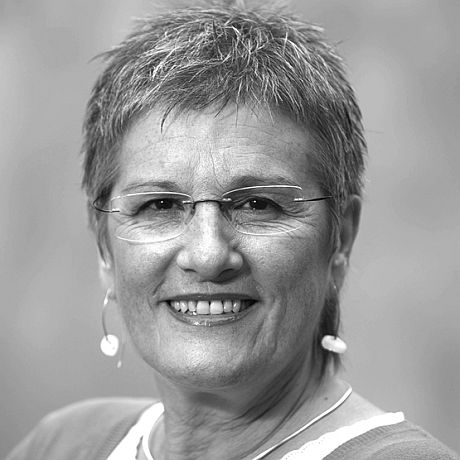Open wounds

There are more poor people today, and they have even less than before the crisis. Organised citizenship has tackled this situation with social innovation and solidarity, but worsening social conditions constitute the breeding ground for authoritarian policy responses.
Before the economic crisis erupted in 2008, we had received very little warning of the possibility of an impending disaster. According to the dominant economic thinking, we lived in the best of worlds. The hit was so hard that some leaders even came to suggest capitalism be rebuilt. Ten years and a great deal of suffering later, the wounds of the crisis have not yet healed. Although economic growth has returned, the idea of guaranteed prosperity has been undermined and uncertainty is the prevailing state of mind across wide swathes of the population. We now know that the market economy, as opposed to guaranteeing equitable redistribution, is exacerbating social inequalities and extraction dynamics are making an ever more demanding minority accumulate more and more wealth.
Since the crisis, wide strata of the population have witnessed the loss of their purchasing power and their capacity to influence public policies. There are more poor people today, and they have even less than before the crisis. Neoliberal theories have weakened the welfare state, which is finding it increasingly harder to be the buffer it had been against adversity. Far from learning bitter lessons from the crisis, the dynamics of speculation are returning. We have gone from a real estate bubble for buyers to a rent bubble that prevents the emancipation of young people and pushes those who cannot afford ever-steeper prices out from the cities.
This economic model generates exclusion and social malaise. Organised citizenship has tackled this situation with social innovation and solidarity, but worsening social conditions constitute the breeding ground for authoritarian policy responses. A number of alarming signs have already come to light. As the authors contributing to this dossier assert, we shouldn’t resign ourselves. A new social contract is needed that allows us to bridle the self-serving forces of the market and direct the economy towards the fulfilment of the common good.
The newsletter
Subscribe to our newsletter to keep up to date with Barcelona Metròpolis' new developments




